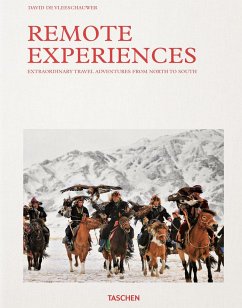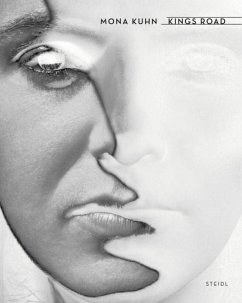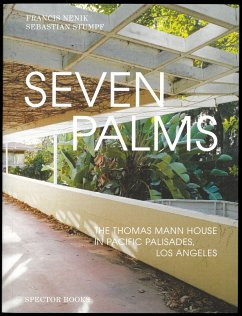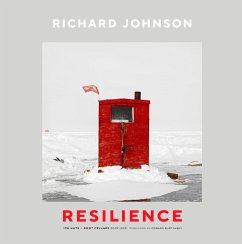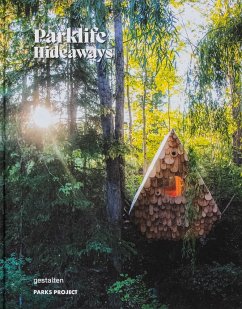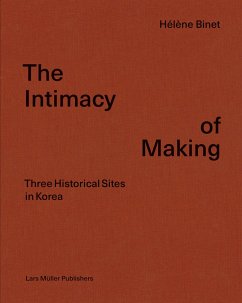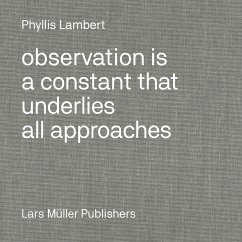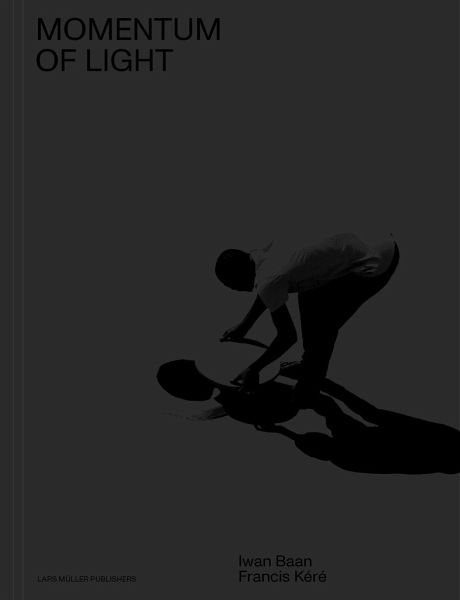
Momentum of Light
Versandkostenfrei!
Sofort lieferbar
75,00 €
inkl. MwSt.

PAYBACK Punkte
0 °P sammeln!
Auf dem gesamten afrikanischen Kontinent, vor allem aber in den Regionen südlich der Sahara, hat das Licht der Sonne eine besonders hohe Intensität. Am deutlichsten sichtbar wird dies bei uralten Gebäuden und in der Art und Weise, wie es den Tagesablauf von deren Bewohner:innen prägt. Da die Architektur nicht auf künstliches Licht zurückgreifen konnte, musste sie sowohl das Sonnenlicht nutzen, um Lichtquellen innerhalb eines Gebäudes zu schaffen, als auch gleichzeitig die Anwohner:innen vor der Kraft der Sonne schützen. Das Ergebnis ist eine volkstümliche Architektur, die mit sehr wen...
Auf dem gesamten afrikanischen Kontinent, vor allem aber in den Regionen südlich der Sahara, hat das Licht der Sonne eine besonders hohe Intensität. Am deutlichsten sichtbar wird dies bei uralten Gebäuden und in der Art und Weise, wie es den Tagesablauf von deren Bewohner:innen prägt. Da die Architektur nicht auf künstliches Licht zurückgreifen konnte, musste sie sowohl das Sonnenlicht nutzen, um Lichtquellen innerhalb eines Gebäudes zu schaffen, als auch gleichzeitig die Anwohner:innen vor der Kraft der Sonne schützen. Das Ergebnis ist eine volkstümliche Architektur, die mit sehr wenigen und kleinen Öffnungen arbeitet, so dass das Innere eines Gebäudes nahezu stockdunkel ist, während das Äussere von der direkten, erbarmungslos einfallenden Sonne erhellt wird. Auf Initiative des Beleuchtugnsunternehmens Zumtobel Group machten sich der Fotograf Iwan Baan und der Architekt Francis Kéré auf den Weg, um in Burkina Faso einzufangen, wie der natürliche Lichtzyklus der Sonne die volkstümliche Architektur prägt. Sie reisten zu drei exemplarischen Orten: Gemeinschaftsbauten in Gando, die Zentralmoschee von Bobo Dioulasso und Reihenhäuser in Dano, die Töpfe als Oberlichter nutzen. Baans Bilder werden von architektonischen Skizzen von Francis Kéré begleitet, der selbst in dieser hellen Umgebung aufgewachsen ist und dessen Architektur davon inspiriert ist. Die atemberaubenden Fotografien sind in einer speziellen Technik gedruckt, um die Betrachtenden in die kontrastierenden Lichtverhältnisse eintauchen zu lassen.




